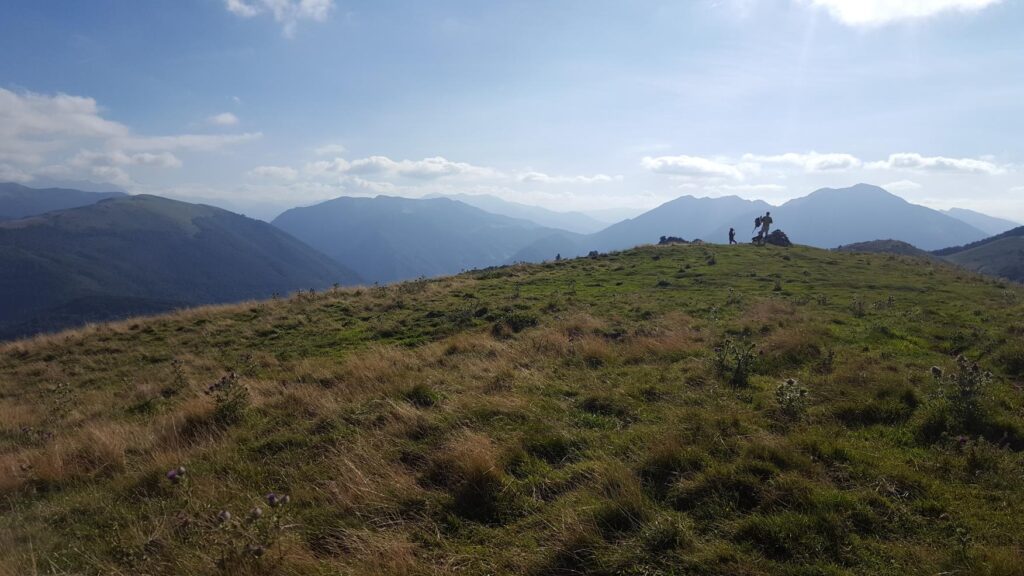Does it sound arrogant? Maybe the idea that we can is. That help is needed not.
The same will happen in Europe and other areas of this world whenever the periods of peace and ease let us become arrogant and forget how grateful we can be for such a period.
Peace leads to ease. It creates more space for individual desires, shifting the focus away from the community. Our comfort zone is the belief that society is well installed and has systems that will make it work.
It doesn’t work like this.
Conflict and crisis help to focus on something bigger than ourselves, they make priorities visible. While it may not be convenient, conflict has stabilized democracies for centuries. The system of checks and balances as installed in the US anchored the institution’s different points of view. It also made sure that no branch of government would dominate the other. It made sure that an institutionalized dialogue, i.e. conflict, recognized the existence of something bigger than either of them.
But that infrastructure is worn out. Less so the institutional infrastructure than the emotional infrastructure accompanying it. Emotions give us information, but they are also there to connect us with others. Emotions lead to seeking stimulation and comfort. Our habitual patterns serve us to get both. And they are habitual because we used and trained them all of our life. When they are derailed we have to go back to learned ways to regulate them, again in an effort to seek comfort. The less we can regain comfort the more comfort becomes the focus.
Dealing with conflicts, with crisis teach us what comfort means. It’s the ability to accept our emotions as they are and to relate them with reality. The actual reality, not the one we created for ourselves to find comfort. It is the ability to focus on what is happening around us instead of what we believe is happening.
Relying on what we feel is happening and on what we feel others believe is there to reinforce our own beliefs and validate our feelings.
But verifying, engaging in differences, asking real questions is a difficult art when the zone of comfort has shrunk to a minimum.
And the last year has reinforced this movement in the US. All of these events prepared themselves in the past, however, three crises were needed to make these changes and their consequences visible.
The US has long believed it is almost immune to invasion. A virus took this idea of security in a stride.
The idea that everyone can succeed is a founding belief of America. It impacted the system at all levels. The ability to own a gun, the assumption that effort leads to success, social security, are all symbols of enabling the individual who makes it. Racial injustice appeared with such violence in summer that it showed that if this belief is true, it only applies to some.
America and democracy have for a long time been a trusted image throughout the world. Few countries have contributed like the US to enable freedom through democracy. Seeing the symbol of democracy being desacralized shocked not only the US but most of the world.
Three dramatic events, all having a major impact on US citizens and everyone living in the US. They all mean losing parts of one’s identity. With such a sequence of events, the emotional comfort zone is reduced to a minimum. It’s hard to see beyond the pain of the transformation.
Everyone who experienced that for himself may see what it means to a community, to a nation.
It probably even is too much to expect that those who experience such a shift can see it from the perspective “all of us need help”.
But it’s not too much to expect from all of us to believe that America can get back to being a great democracy. It doesn’t mean to wait and see. It does mean to remind America of the role it can have.

